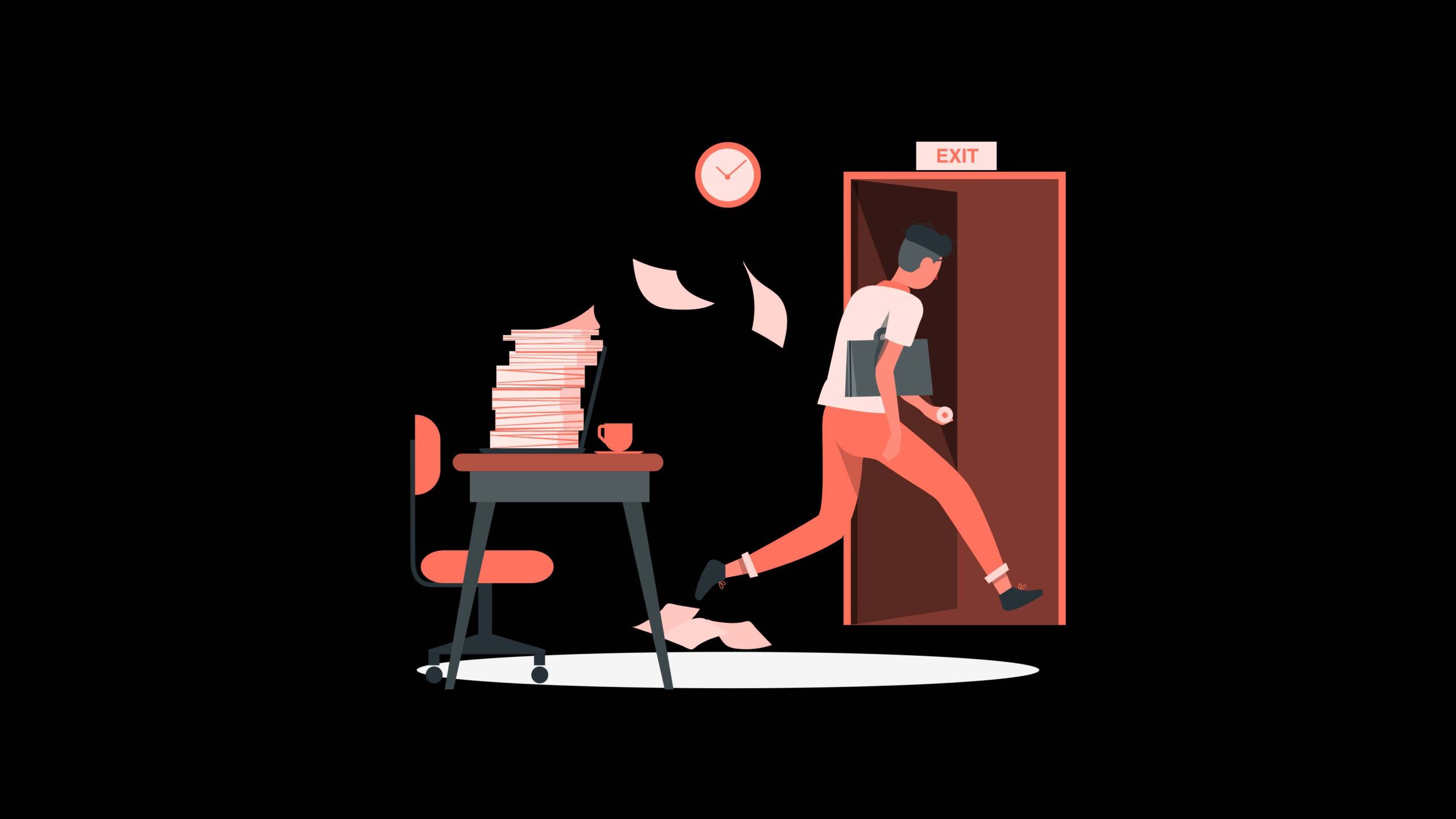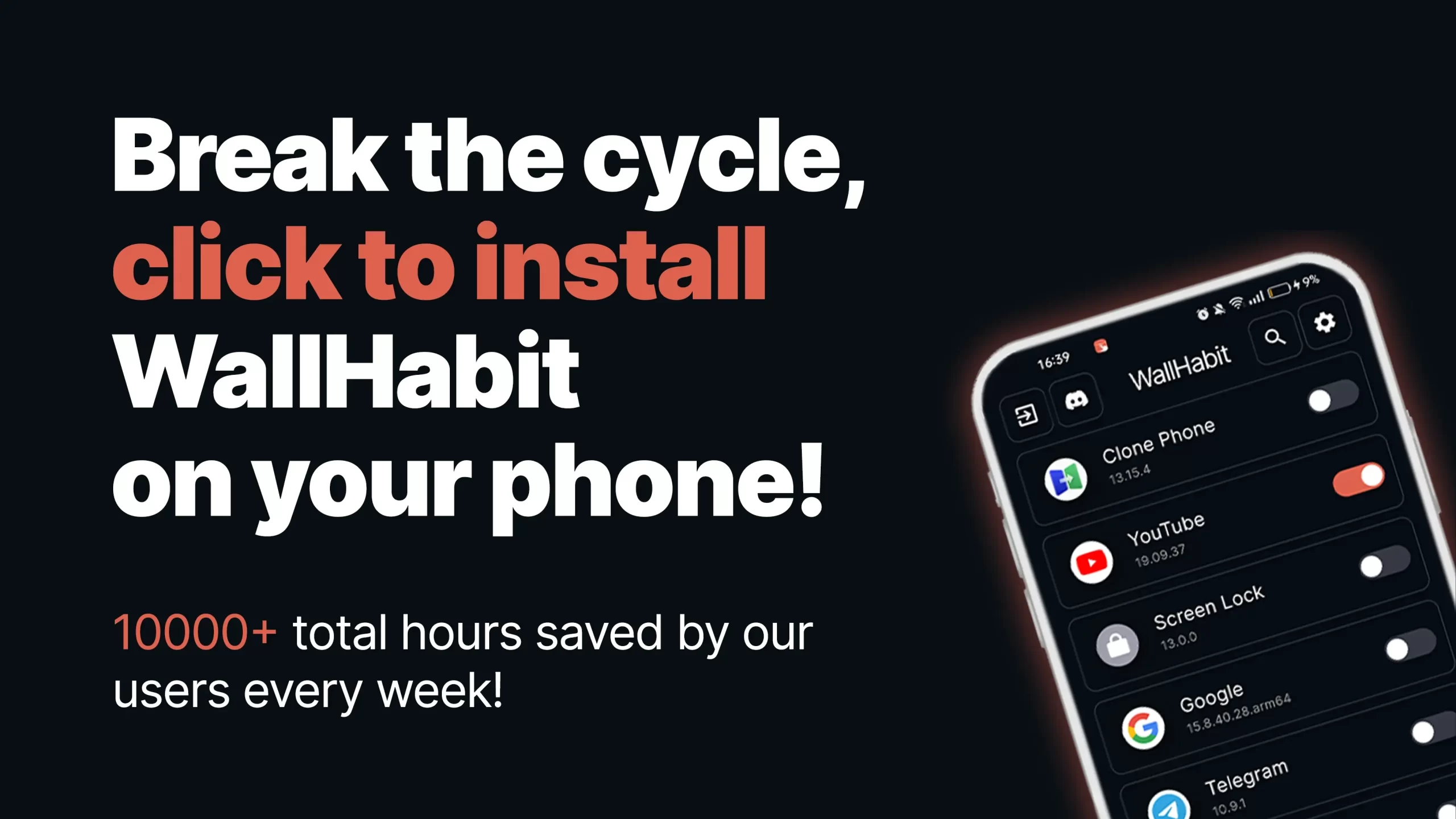The digital world offers convenience and entertainment, but it can also lead to bad digital habits that negatively affect our mental health and productivity. It’s important to recognize these patterns and make conscious efforts to quit them. Here are bad digital habits examples you should consider dropping to improve your overall well-being.
1. Endless Scrolling on Social Media
Endless scrolling through social media feeds is one of the most common bad digital habits. Social media platforms are designed to keep you engaged as long as possible, often at the expense of your mental health. The constant influx of information can overwhelm your brain, leading to anxiety and reduced attention span.
To avoid falling into this negative digital habit, set specific times for social media use. Avoid checking your phone first thing in the morning or before bed. Instead, allocate a time slot during the day to catch up on updates without disrupting your routine.
2. Checking Notifications Constantly
Frequent notification checks can fragment your focus and reduce productivity. This behavior is a clear example of negative digital habits that can leave you feeling stressed and distracted.
To combat this, disable non-essential notifications and prioritize which apps truly need your immediate attention. By reducing interruptions, you can focus on your tasks without falling into this bad digital habit of constantly being “on call.”
3. Keeping Your Phone in Bed
Using your phone in bed is one of the most harmful bad digital habits for your sleep. The blue light from screens interferes with melatonin production, making it harder to fall asleep. Additionally, stimulating content keeps your brain active when you should be winding down.
Creating a phone-free bedtime routine can help you break this negative digital habit. Charge your phone outside the bedroom and use an alarm clock instead. Replace nighttime scrolling with relaxing activities like reading or meditating.
4. Multitasking with Devices
Multitasking with multiple devices might seem productive, but it’s one of those digital habits that actually reduces efficiency and increases mental strain. Switching between tasks exhausts your brain, making it harder to complete anything effectively.
Focus on single-tasking instead. Set clear goals for each work session and take regular breaks to recharge. Avoid this bad digital habit by concentrating on one thing at a time.
5. Using Devices During Meals
Using your phone or tablet during meals can lead to mindless eating and reduced social interaction. This negative digital habit not only affects your physical health but also creates a barrier between you and your loved ones.
Make meals a screen-free zone. By breaking this bad digital habit, you can savor your food, enjoy conversations, and strengthen your relationships.
6. Ignoring the Need for Breaks
Spending long hours in front of screens without taking breaks is a harmful digital habit that can strain your eyes and lead to physical discomfort. Over time, this habit contributes to burnout and decreased productivity.
Adopt the 20-20-20 rule: every 20 minutes, look at something 20 feet away for at least 20 seconds. Breaking up screen time helps refresh your brain and reduces the impact of this bad digital habit.
7. Consuming Content Passively
Mindlessly consuming content without any purpose is a growing negative digital habit. Watching endless videos, scrolling through news feeds, or browsing social media can lead to information overload and mental fatigue.
Be intentional with your digital consumption. Choose high-quality sources and set clear goals for what you want to achieve online. Quitting this bad digital habit will help you reduce mental clutter and stay focused.
8. Over-Reliance on Technology
Over-dependence on technology is one of the most overlooked digital habits. Whether it’s using your phone for simple calculations or relying on reminders for basic tasks, this bad digital habit can weaken your cognitive abilities and problem-solving skills.
Challenge yourself to perform tasks without digital assistance. Practice mental math, memorize key information, and engage in activities that stimulate your brain. By addressing this negative digital habit, you can improve your mental sharpness and resilience.
Quit Them Using WallHabit
Quitting these bad digital habits is easier said than done, but tools like WallHabit can help you make lasting changes. WallHabit is a commitment device designed to help you break free from unproductive digital habits and foster healthier tech use.
One of WallHabit’s standout features is the “Hold to Unlock” function, which adds a mindful barrier to app access. It helps you pause and consider whether you truly need to use certain apps, making it easier to quit bad digital habits like endless scrolling.
WallHabit also allows you to block shorts and reels—some of the most addictive forms of digital content. By removing access to these distractions, you can break the cycle of mindless consumption and regain control of your screen time.
Conclusion
In today’s tech-driven world, it’s easy to fall into bad digital habits that negatively affect your mental health, productivity, and relationships. Recognizing these negative digital habits is the first step toward change. Tools like WallHabit offer practical solutions for breaking free and creating healthier, more intentional digital habits.
By taking control of your digital life, you can improve your well-being, reduce stress, and enjoy a more balanced lifestyle. Start today by identifying your habits and using WallHabit to guide you toward a healthier relationship with technology.

